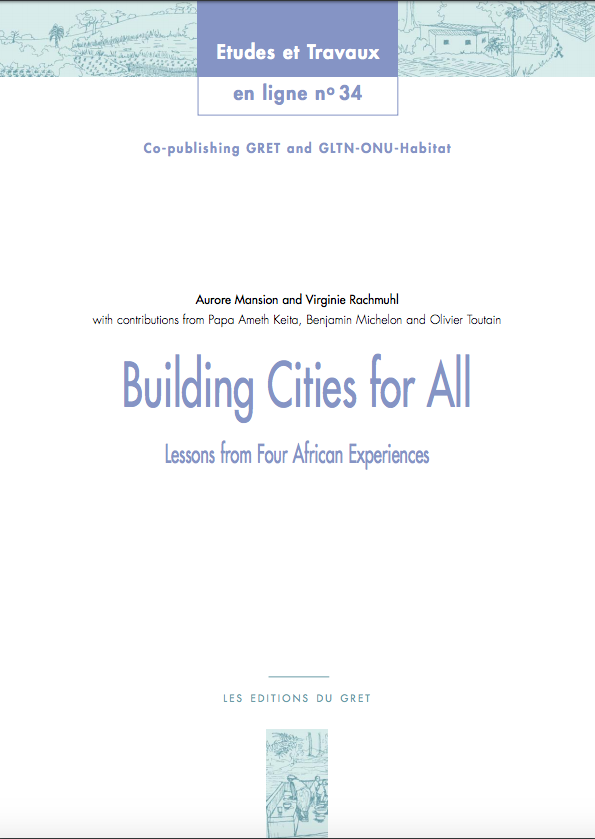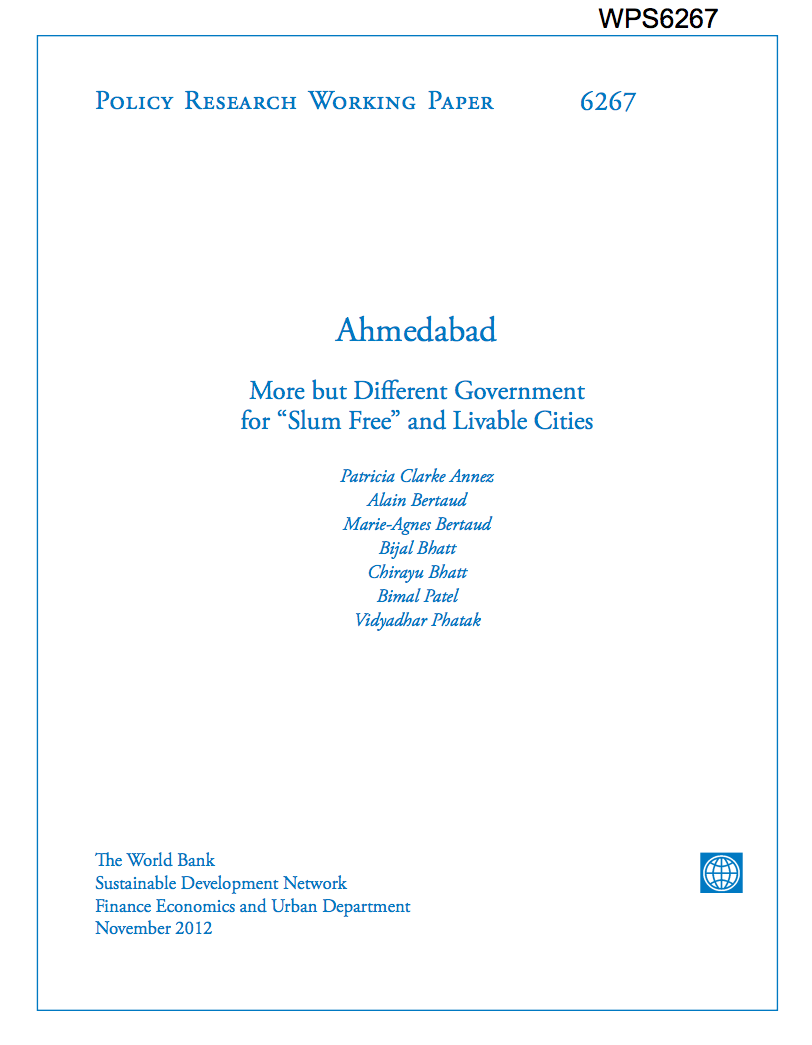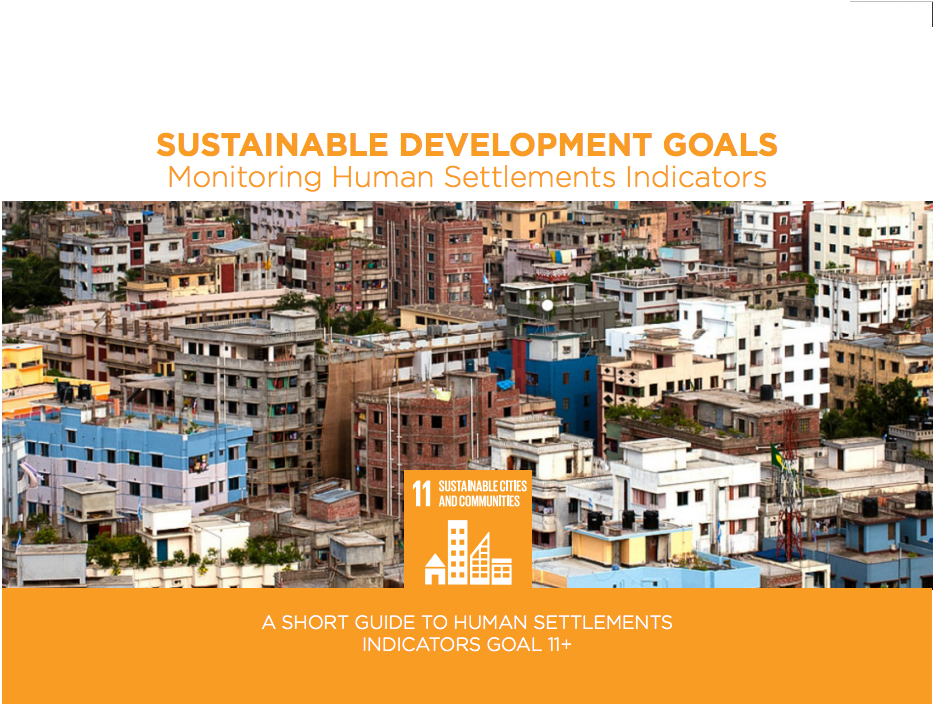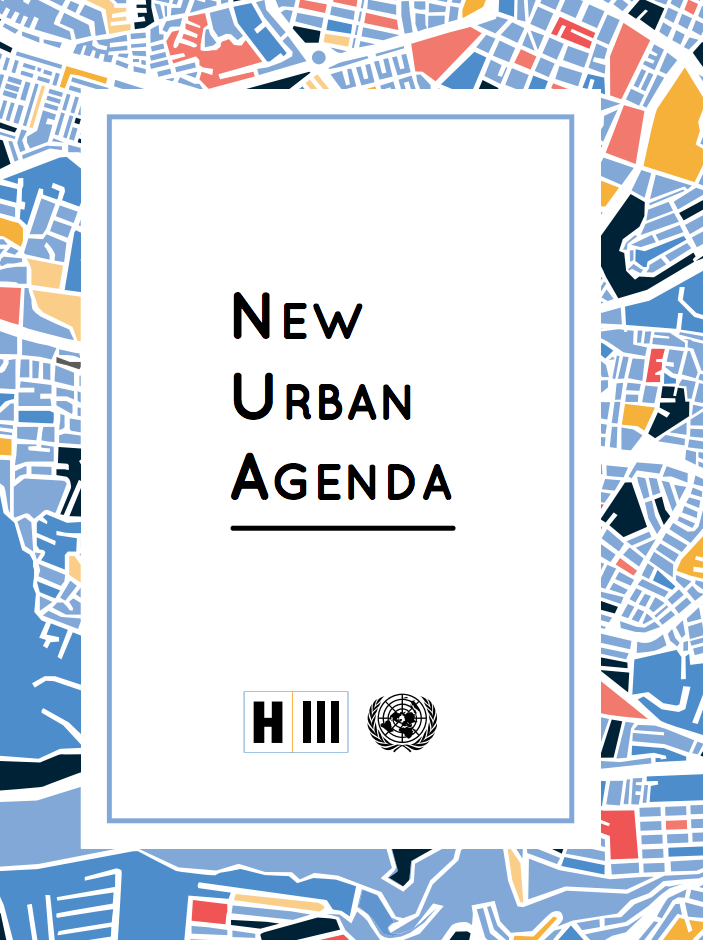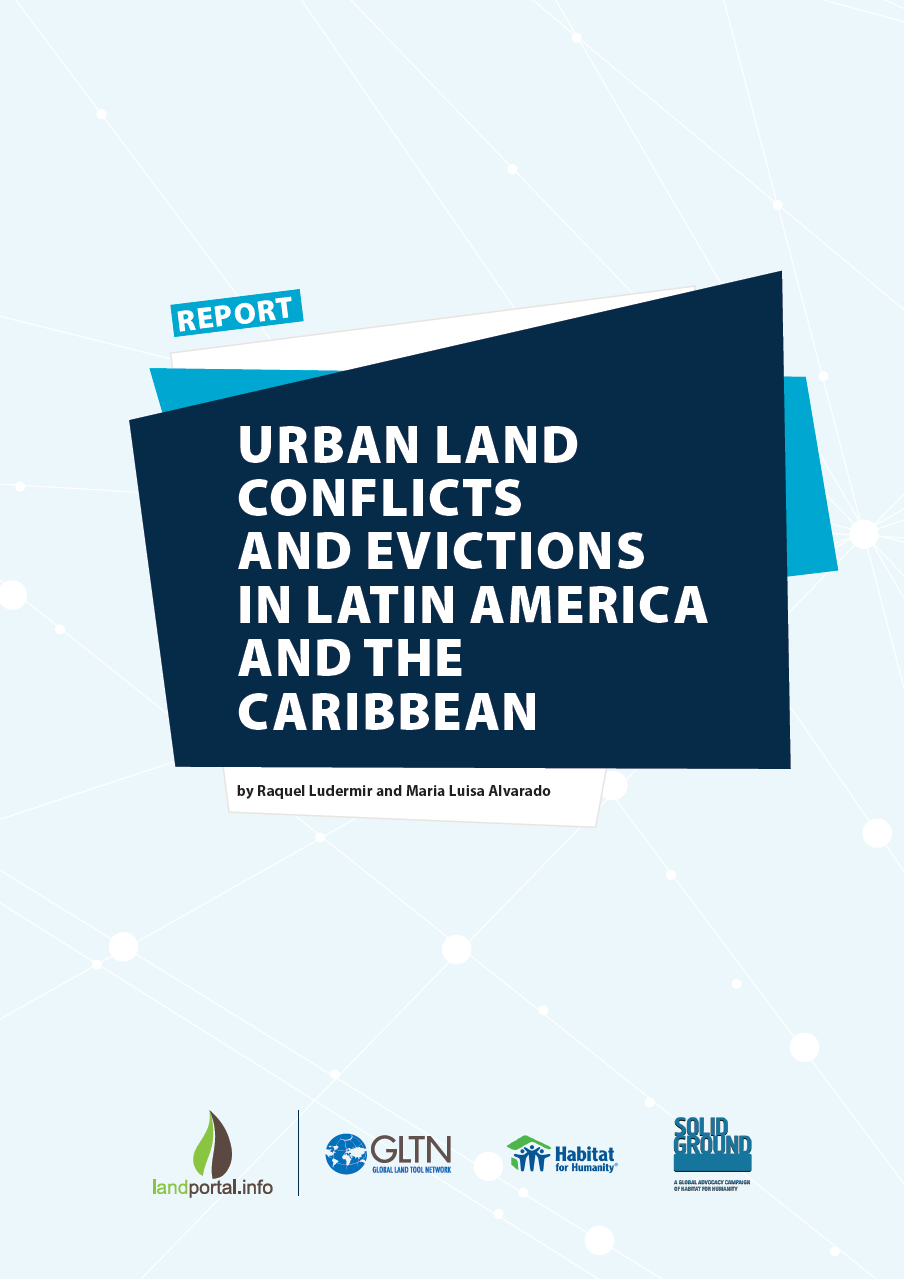Building Cities for All - Lessons from four African experiences
En Afrique, pres de 500 millions de personnes resident aujourd'hui dans des bidonvilles. La plupart de ces quartiers ne sont pas << en regle >> en matiere de foncier, d'habitat, d'amenagement ou de services. Les operations urbaines constituent un outil privilegie pour ameliorer les conditions de vie des habitants des quartiers precaires. Malgre des progres indeniables realises dans la derniere decennie, le bilan reste mitige, notamment en termes d'impacts social, economique, urbain et environnemental.

